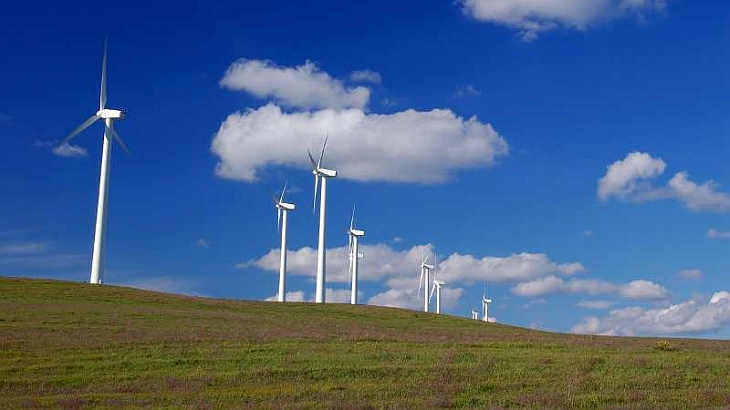Foreign Investors Council (FIC) argues that the introduction in the current form of a special construction tax, known as the “pole tax”, will create strong distortions among companies, putting pressure on private budgets and affecting constructions already written and removed from bookkeeping, where the tax collection should not be applied. FIC requires re-discussion of the tax, through the consulting of business representatives.
“The introduction of this tax without a prior consultation of business community and without making an impact study affects firms that have invested in Romania, calling into question the very viability of the business carried on by each party. Although we understand the constraints that exist on the state budget, we express once again the willingness to intensify dialogue with authorities to limit the effects of introducing this this tax in its current form”, says Șerban Toader, a FIC board member.
“The introduction of a special construction tax, as shown in the Government Ordinance, will create major distortions in the economy, especially because, just days before the deadline for declaration and payment, there are still many uncertainties about its application procedures. Not to mention the fact that the application itself is likely to create major shortcomings in the economy and to leave room for abusive interpretation from tax authorities. Imagine that a company has some old installations, totally amortized, that were not removed from inventory and are no longer used, but pay 1.5% of their gross value. Personally, I believe that this is a situation that lacks real economic reason and is still real”, said FIC President, Mihai Bogza, quoted by Agerpres news agency.
The energy industry will be the hardest hit by tax on special constructions, and just days before the first collection scheduled for 26 May 2014, is not clear what impact will be and how it will be applied.
“Special construction tax raises numerous issues, investors need to secure additional funds because they do not know how this tax will be computed. This throws into uncertainty the budgets of many companies”, said for energynomics.ro a tax expert. “Romania is a country where legislative uncertainty ensues with high levels of bureaucracy and corruption. This affects current and future investments”, said the source.
According to some estimates, the tax could squeeze from Romanian more than 1.5 to 2 billion RON annually.
FIC wants to reopen discussion on special construction tax
To reach the purpose of focusing on the impact generated by the tax on construction, the business environment started its own impact analysis, its results being submitted to the authorities to draw attention to the major repercussions connected with implementing this tax.
“38 companies in industries such as telecommunications, construction materials, energy, transport and logistics, production of alcoholic beverages or pharmaceutical industry contributed with important information to analyze the impact. From this analysis followed a cumulative tax impact of approximately 1.1 billion RON, which makes me think seriously about a potential higher impact in the economy, impact that is likely to exceed the authorities estimate of 1.5 billion RON, of which just 500 million are the money collected for the budget”, said Daniel Anghel, FIC member in board of directors.
“The assets subject to tax on construction have a high lifetime, in the range of 10-60 years, and the tax rate is extremely high, so we can infer that a taxpayer will pay between 15% and 90% of total asset value, which is excessive and indicates the tax initiators’ misunderstanding regarding the medium and long-term impact generated by this tax. Moreover, there is no distinction in terms of the tax base between current operating assets, temporarily inactive or assets in state of conservation. It should be noted that, for example, assets approved for disposal are no longer functional, unable to generate economic benefits, however the taxpayer will pay for them”, Anghel continued.
In late April, Prime Minister Ponta said that the government will obtain with the help of a special construction tax a surplus revenue, well above the cautious target set by IMF, which is one of the main reasons to reduce social security contributions.
Minister of Finance, Ioana Petrescu, also said that only from a subgroup of taxed companies more than 1 billion RON is obtained, compared to the initial forecast of attracted revenues of only 488 million RON, established, according to the Prime Minister, at IMF request. In turn,the Minister for Budget, Liviu Voinea, showed that only from what is in the companies’ balance sheets and wasn’t properly taxed, result revenues of 1.8 billion RON.

